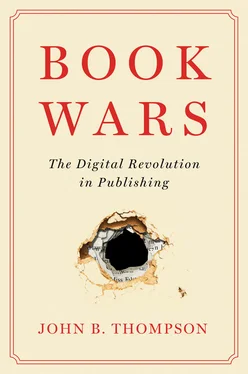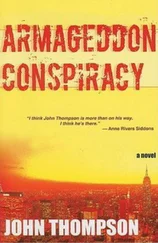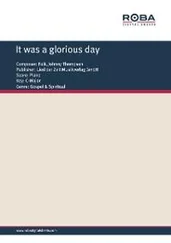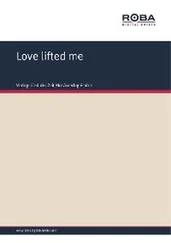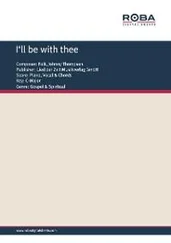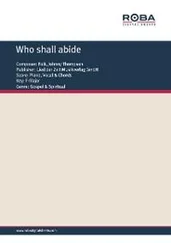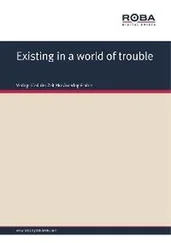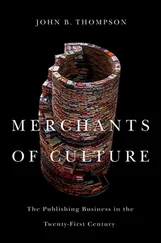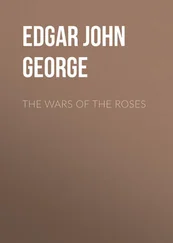Now they had a serious challenge: could they build an app of the elements in just sixty days, so it was ready to launch at the same time as the first iPad was released in April 2010? Using Mathematica, they would need to come up with an algorithm that would tell the program how to integrate and resize the photographs to produce the spin effect, how to position the rotating objects on the page and how to combine the objects with the text and labels. They also needed to persuade Apple that what they were producing was something new, not just a static piece of text on a screen. They knew that one of the questions that would be asked about the iPad was: how does this compare with the Kindle? If the iPad was thought of as an ebook reader, then it wouldn’t compare very favourably: it would have a battery life measured in hours rather than weeks, you couldn’t read in sunlight and it would cost a lot more. If your definition of ebooks is static pieces of text that you read on a screen, then the Kindle is going to be a better ebook reader than the iPad. So their pitch to Apple was to seize this opportunity to think differently about what an ebook is. ‘Suppose you change the conversation about what the future of ebooks is – that’s a conversation you can win’, they said. ‘Suppose you can convince people that, sure, the Kindle has a million books, but who cares – they’re a million old books. Look at this amazing thing – this is what ebooks are going to be. And there are half a dozen reasons why it can’t run on a Kindle – the screen is crap, the processor is nothing like what it needs to be, there’s not enough memory and so on. There’s lots of reasons why the future of ebooks cannot exist on a Kindle. Never mind the present, look at the shining future.’ Apple was convinced. The Elements was finished on time and the app was one of a couple of dozen apps that were installed on the small batch of embargoed iPads that were sent out to journalists a few days before the public launch of the iPad. The response from reviewers was euphoric. Stephen Fry tweeted ‘Best App of all … Everything is animated and gorgeous. Alone worth iPad.’
The publicity was exceptional and the app took off – they sold 3,600 copies on the first day, priced at $13.99 and £9.99. It went on to sell over a million copies and came out in fourteen different versions, including Japanese, French and German, generating over $3 million in net revenue. Theo had actually published a book called The Elements in September 2009 with Black Dog & Leventhal, a small New York trade house. It had been translated into several languages and had sold about 70,000 copies in all languages before the app came out. When the app was released, sales of the print book went through the roof. By 2012, more than 580,000 copies of the print edition had been sold in all languages. It was a stunning success, both as an app and as a book.
The success of The Elements was the basis on which Touch Press was founded. The company was incorporated in summer 2010, a few months after The Elements had been released, and they raised about half a million dollars, partly from two angel investors, to get the company off the ground. They saw themselves as pioneering a new kind of publishing: the book-as-app. As they saw it, there were three kinds of companies that were experimenting with this medium: traditional book publishing companies, traditional media companies with expertise in video and TV, and video game companies. Each had something important to contribute but they understood only part of what was essential for this new medium to work. Traditional book companies understood the importance of storytelling and of authors, but they lacked the expertise in video and the technical skills to develop the book-as-app – hence they generally had to outsource this development to specialist firms. Film and television companies understood talent, storytelling and visual media, but they too lacked the software skills to develop good apps. Game companies, on the other hand, have the technical skills to produce good interactive video game experience, but they don’t understand storytelling and the value of authors. So that’s what Touch Press set out to do: bring together these three sets of skills in a way that none of the other kinds of companies had managed to do.
A key part of this was to see that the software engineer must be on the same level as the other parties involved in developing the app: ‘You don’t bring an engineer in once you’ve decided what you’re going to do: the engineer is part of the process of deciding what you do.’ The senior management team included an engineer, John Cromie, who joined the team in 2010 to help build The Elements in sixty days and became the CTO; John managed the technical team and was part of all the key decisions about which new projects to take on. Once the management team had decided to embark on a new project, the planning and development of the book-as-app took place in development meetings at which the CTO and some of the programmers were present. There was a large screen on the wall and the engineers around the table plugged in their laptops so they could manipulate images and text on the screen as they talked about what to do. Sample pages were displayed, options were explored, technical limitations were discussed, costs were considered, decisions about what can and cannot be done were taken. This was a creative process in which the technical input of software engineers was factored in as the book was being written, shaping the way that the text was developed and how it was combined with the visual and audio elements of the app.
While Touch Press was strong on technical skills and audio-visual expertise (given Max’s background in television), they were less experienced on the publishing side. None of the principals had a background in book publishing, and, while Theo was a successful author, his knowledge of the publishing process was based on his arm’s-length dealings with a small New York trade house. The publishing perspective was the weakest part of their skill set. Moreover, apart from The Elements, they lacked the kind of intellectual property that an established publisher would have, and lacked the experience of dealing with authors and agents. So it is not surprising that they soon found themselves collaborating with publishers and other creative organizations as a way of developing new projects. Sometimes, publishers came to them; in other cases, Touch Press came up with ideas and sought out organizations with which they could partner. ‘Almost every project we’ve done since The Elements has been in partnership with a carefully selected owner of IP, owner of expertise, often owner of brands with a marketing department’, observed Max; ‘we see partnerships as a 21st-century way of publishing.’ Their partners included traditional publishers, such as Faber, HarperCollins, Egmont, Barefoot Books and the University of Chicago Press; TV production companies, such as Wide-Eyed Entertainment, the team behind the BBC’s Walking with Dinosaurs TV series; classical music organizations, including the Philharmonia – the London-based orchestra – and Deutsche Grammophon; and large media corporations, notably the Walt Disney Animation Studios. In each case, a profit share was worked out that involved dividing the net revenue (after Apple’s 30% commission and sales tax are deducted) between Touch Press as the app developer, the publisher or other partner who typically controlled the IP, the author, and the party (or parties) that invested the capital to produce the app. So, for example, a typical split might be: 50% of net receipts to Touch Press, the partner and the author, and 50% to the investors; and, between Touch Press, the partner and the author, it might be 50% to Touch Press and 50% to the partner and author; or 50% to Touch Press, 30% to the partner and 20% to the author. If Touch Press or the partner put in all or some of the investment capital, then their percentage of the net receipts would be increased proportionately.
Читать дальше
